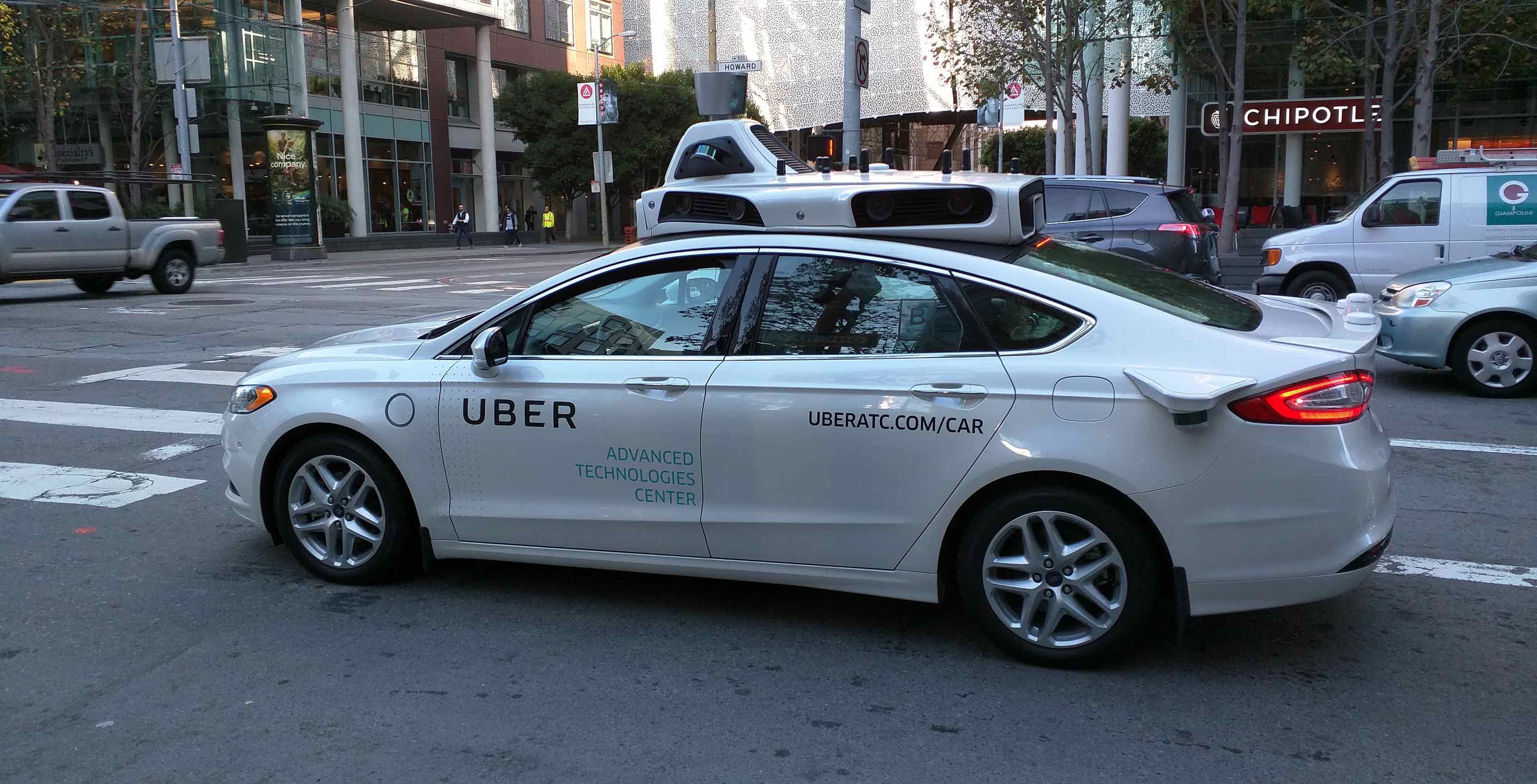
Canada might be among the best-prepared countries for self-driving cars, but according to the Standing Senate Committee on Transport and Communications, that’s still not very prepared.
In one of the first sections of the 78-page report on the future of automated vehicles, the committee writes: “Canada is ill-prepared for the fast-approaching future of transportation.”
While acknowledging that great good could come out of self-driving cars — i.e. reduced car accidents, greater freedom for the elderly and people with mobility issues and an estimated economic benefit of $65 billion annual in things like collision avoidance and fuel savings — the committee sees potential for significant downsides.
These include, but aren’t limited to, significant job losses, car hacking and erosion of personal privacy, all of which demand government planning at a brisk pace.
In its report, the committee acknowledges that the slow wheels of bureaucracy have been detrimental in the past when it comes to keeping up with emerging technologies and business models.
The report cites the ridesharing market as a prime argument for governmental preparation.
“Previous instances of disruptive technology appearing in under-prepared jurisdictions — like now ubiquitous ride-sharing services — have shown that confusion results from a lack of planning.”
Regulating Uber hasn’t been easy, and has sometimes led to violent clashes between new and established players in the field.
To better prepare for the future of automated cars, the government has 16 recommendations, five of which it considers ‘key’:
- Innovation, Science and Economic Development (ISED) and Transport Canada should create joint policy unit to coordinate federal efforts between the two ministries. The committee says the two entities are at cross-purposes, with ISED trying to stimulate research and Transport Canada focusing on vehicle safety.
- Transport Canada should work with provincial and territorial governments on a model provincial policy.
- Transport Canada should develop vehicle safety guidelines, including design aspects.
- Transport Canada, the Communications Security Establishment and Public Safety Canada should develop cybersecurity guidance.
- Government should put forward legislation to empower the Office of the Privacy Commissioner to proactively investigate and enforce industry compliance with privacy legislation.
The last key recommendation may prove the most difficult, with large tech companies often unwilling to be transparent about the collection and use of customer data.
For its part, Uber Canada, which testified in front of the committee a few months ago says: “We welcome the Senate report on autonomous vehicles and we look forward to continued dialogue with all levels of government to ensure that Canadians can benefit from this new technology that can increase road safety and reduce traffic congestion.”
As for ISED and Transport Canada — accused in the report of having opposing strategies — ministers Marc Garneau and Navdeep Bains issued a joint statement stating that they will present a plan of action in “the coming months.”
“The Government of Canada continues to demonstrate its leadership on connected and automated vehicles,” reads the ministers’ statement.
“The rapid pace of technological advancement makes it increasingly important to leverage the work between governments and the private sector.”
Find the full details of the committee’s findings here.
MobileSyrup may earn a commission from purchases made via our links, which helps fund the journalism we provide free on our website. These links do not influence our editorial content. Support us here.


